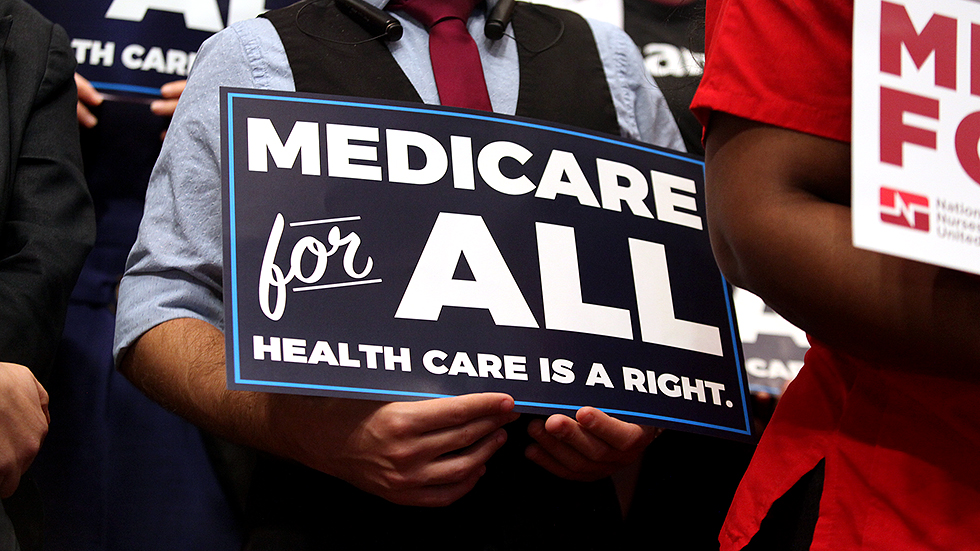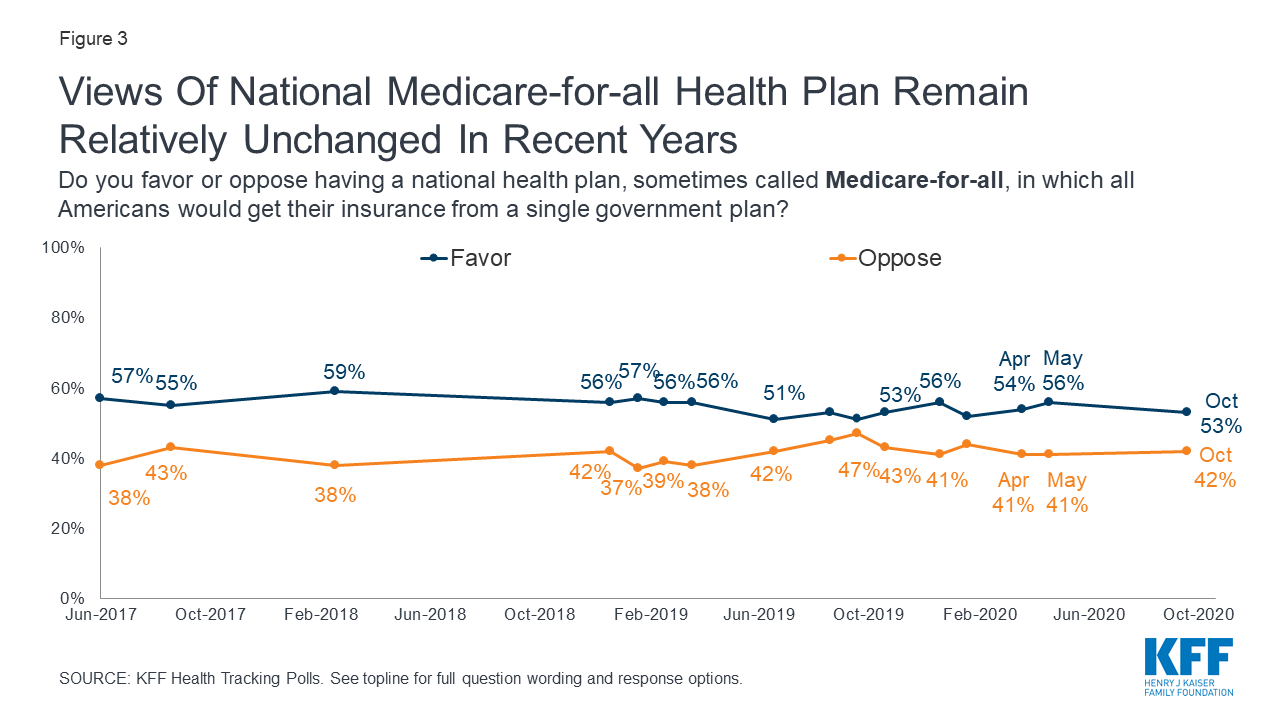When they had it with Obama, they passed obamacare
Yeah, with the super-majority they had, why didn't they just spear-headed the liberal reform, universal healthcare, through Congress? Why didn't they re-install Glass-Steagall?
Like I said before, "no grasp on history" and "political spectrum."
Let me tell you something that Democrats and Republicans don't want you to know...
Obamacare is the
right-wing conservative healthcare reform. Created to combat the ever-popular left-wing reform(universal healthcare). There were similar propositions in the past, similar to Obamacare, that were proposed and supported by Republicans and conservatives.
The prototype of Obamacare was Romneycare when former Governor of Massachusetts, Mitt Romney, "authored" and signed his healthcare legislation. You think I'm lying? Let's hear from CNN
Want to refute? Let's hear it from the CATO Institute
And this is the CATO Institute, the so-called libertarian think-tank, saying this.
Bob Dole proposed a similar policy during his 1996 presidential campaign. It was supported by ultra-conservatives Newt Gringrich and Chuck Grassley.
The Heritage Foundation, St. Reagan's favorite think-tank, wrote policy papers after policy papers to a policy similar to Obamacare in the late-1980's.
And of course, Richard Nixon, a staunch conservative, and jokingly our last liberal president, proposed a similar proposition in the early-1970's
Hell, Nixoncare was a better reform than Obamacare from what I read and hear from.
The reason why the Obamacare, the individual-mandate system, got passed by Democrats is because they were the super-majority and Obama campaign-promised on pushing a healthcare reform. Basically, they were pressured by the public to do something after the economy tanked. The public wanted the universal healthcare reform but the Democrats, who already taken campaign donations from private health insurance and pharmaceutical companies, squandered around for a year and offered the milquetoast Republican idea while teasing the public option, a buy-in to Medicare, to keep the public campaign down. Of course, Republicans had nowhere to go since their idea is already proposed by the Democrats.
Guess how any Republicans voted for their idea, the Obamacare? Zero.
Because they had no reform in their back pocket, the only thing they can do is vote against in order to keep the charade going for their both parties' donors.
And the over the years, as Democrats put healthcare on the backburner until Bernie Sanders came along, why do you think Republicans have a hard time re-appealing Obamacare? Here's why.
You see, the Republicans have nowhere to go, no ideas, no policies other than very unpopular proposals of RyanCare(Trumpcare) and RandPaulCare which are just a more of an individual-mandate. codeword for "tax more on the working poor," than Obamacare.
You see, both parties are the same and want to keep the endless tug-o-war going for their donors.



